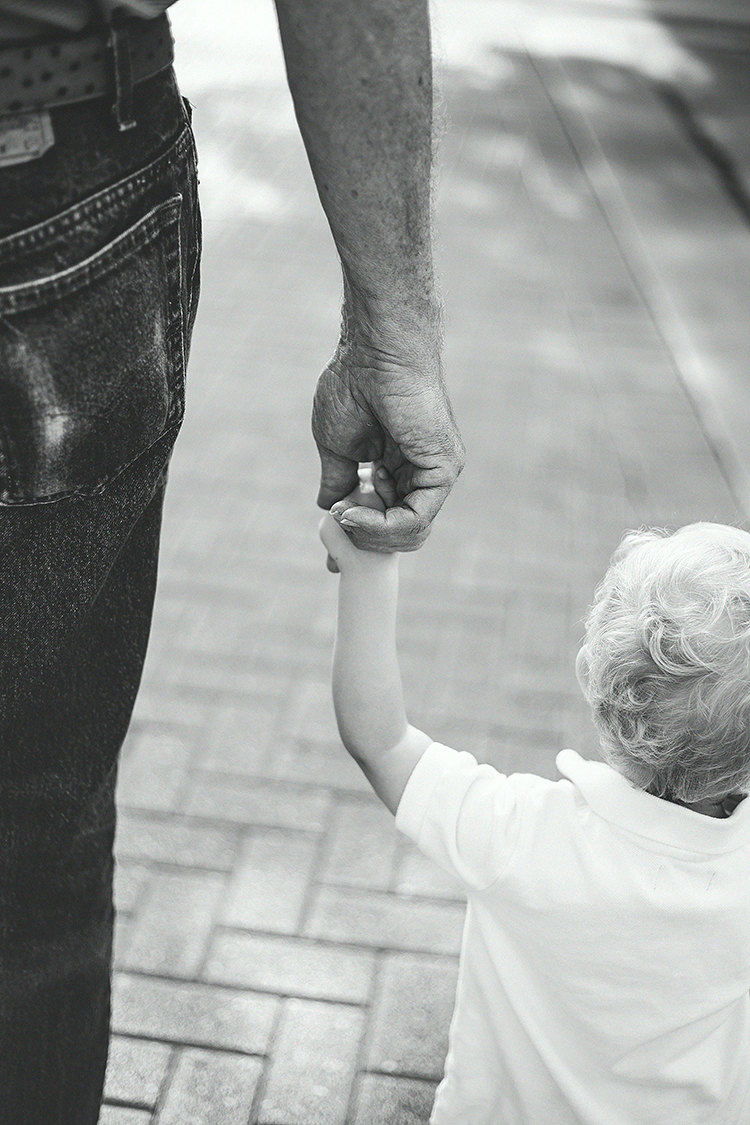As a parent, you are likely to have experienced a child acting out at the store, school, or even at a friend’s house, and thought, “Thank goodness that’s not my child!” But what if that is your child? And, how do you prevent your child from becoming that child?
Parents are entitled to parent, and children need and want their parents to be in charge. From the moment your baby opens her eyes, she is reaching for freedom and self-control. And, as your child’s first teacher, you have the responsibility to teach her the rules: what is and is not appropriate. Only then will she trust you to make the right decisions for her… to take care of her. Otherwise, she will push your buttons, challenging you to discipline her. And, if you don’t, and if you abdicate your role as a parent, she will act out, forcing you to limit her.
In fact, your child craves structure. Moreover, of course she will challenge your rules as she tests herself against her environment; nevertheless, in the end, she wants discipline. In fact, she is looking to you to establish limits because it tells her that you care about what happens to her… and that translates to love.
If your discipline style is too permissive, too open-ended, then your child will become too powerful. If she is given that message, then she will end up feeling guilty, knowing full well that she is neither old enough nor wise enough to deserve such power. This situation is counterintuitive and it fosters insecurity instead of love. Now you have a child who may try to force her parents to discipline her by raising the ante with disruptive behavior.
Here are some ways you can help prevent bratty behavior in your child:
1. Teach your child by allowing her freedom within limits. Be proactive, because all along the way you are preparing your child for life. So, you must give her a feeling of self-control and confidence. By being consistent, you give your child the opportunity to learn how to self-manage – how to have self control.
This way, she will also learn about taking on the responsibility for whatever her choices are, and the obligation and commitment for going forward with those choices. Then, you are teaching her to recognize the consequences for her actions and to build a sense of responsibility and control that is healthy. Thus, when it is time to go out into the world, she is already prepared, practiced, and rehearsed…she knows how to deal with freedom and how to cope with options.
2. If your child acts out in public, remove her from the situation and discipline her privately. You never want to shame or humiliate your child in front of others. Also, when at home, use my Empathic Process, discussing your child’s behavior in a safe setting.
3. Take advantage of teaching opportunities for manners throughout the day. Manners are important in knowing how to behave around others – what is acceptable and what is not. When your child feels comfortable, and knows her boundaries, she may be less likely to misbehave. From an early age, you can pretend play or role play with your child at home, teaching her not only good manners but also the appropriate way to interact when outside of your home, such as in a restaurant or grocery store. In a home or public setting, you are always teaching her by giving appropriate cues for interaction and social discourse, which she will then copy. Children are social animals and they learn through imitation. This is how we teach acceptable behavior and diminish bratty behavior.
4. Reward good behavior instead of bribing. You don’t want to bribe your child or do anything that encourages bad behavior; however, you can reward GOOD behavior. Remember: you are her favorite person in the whole world. So, give her extra time with you as a reward. When she shows great table manners, is kind to a friend, or does a great job helping you pick out groceries at the store – reward her with extra stories at bedtime or with a nice walk to the park together. Positive reinforcement rather than negative reinforcement goes a long way in curbing bad behavior.
5. Be funny. Having a good sense of humor goes a long way when it comes to parenting, and it is helpful when dealing with your bored or whiny child. If you don’t take everything too seriously, then your child will be more likely to adjust her behavior when necessary.
Practice, rehearse, and be prepared. When you give your child boundaries, you are preparing her for the outside world, so that she will know how to behave appropriately under all situations and circumstances. Proactively teaching empathy and good manners will give your child both confidence and competence when interacting with others. These steps can go along way in helping you turn a brat into an angel.


